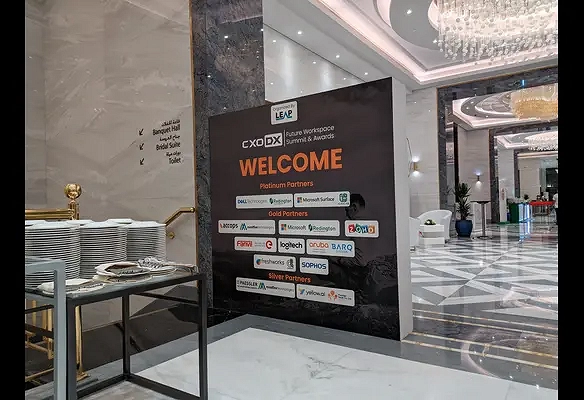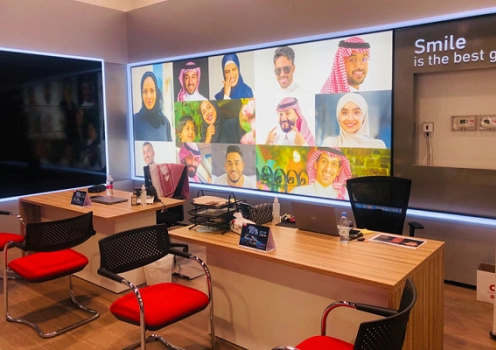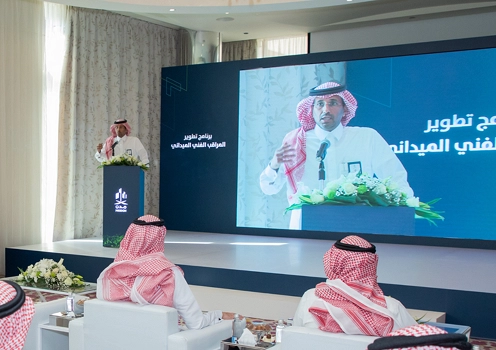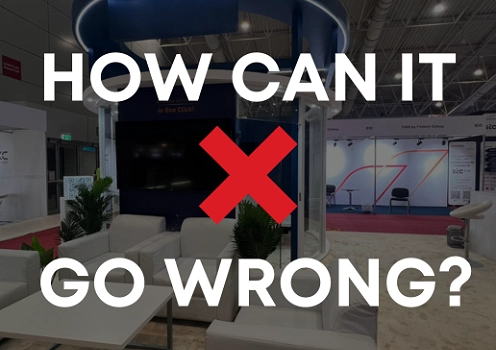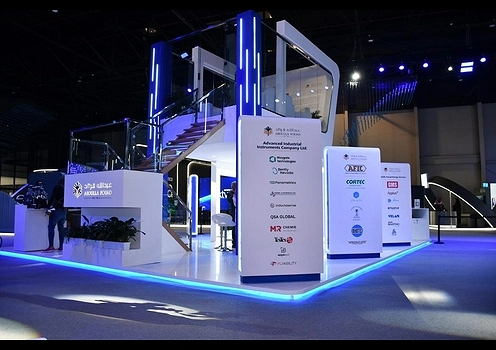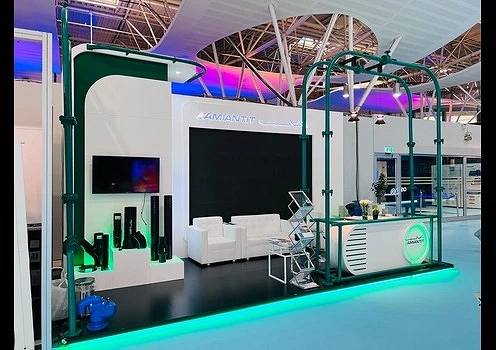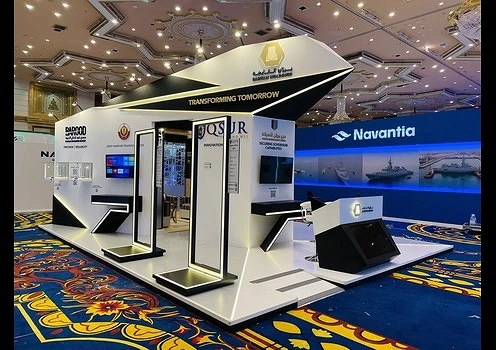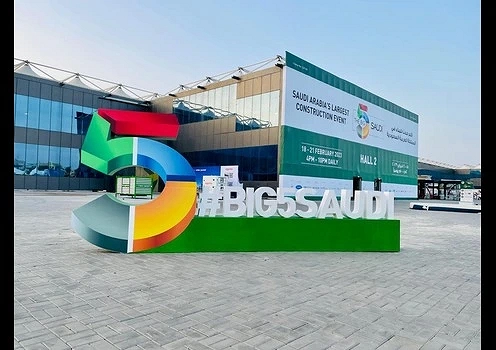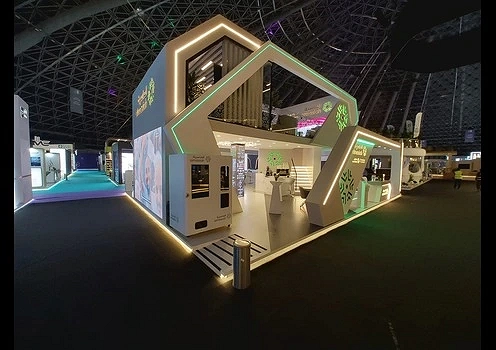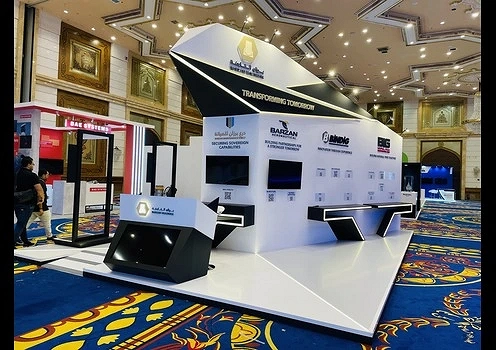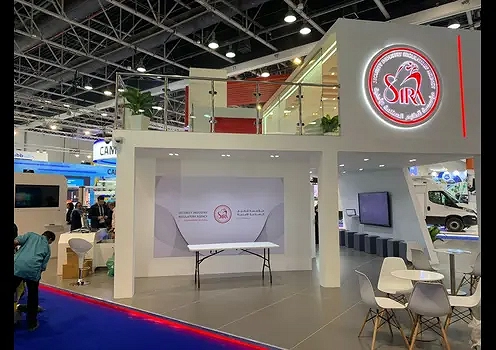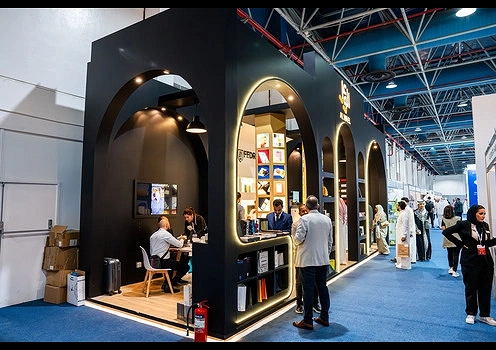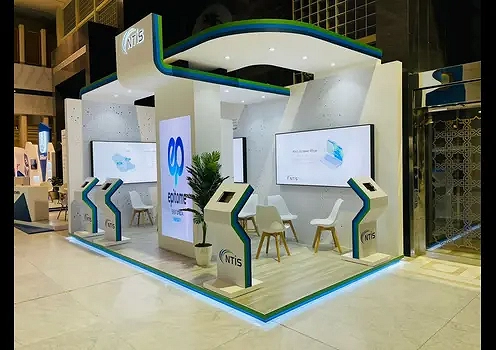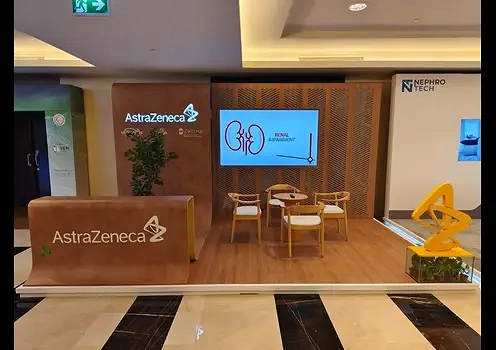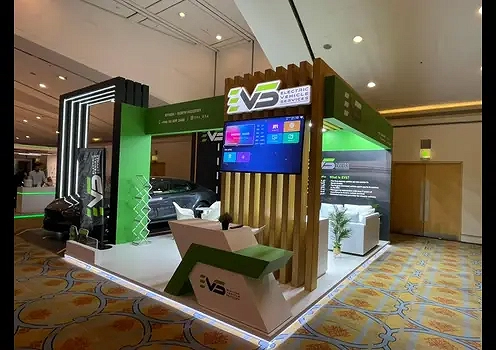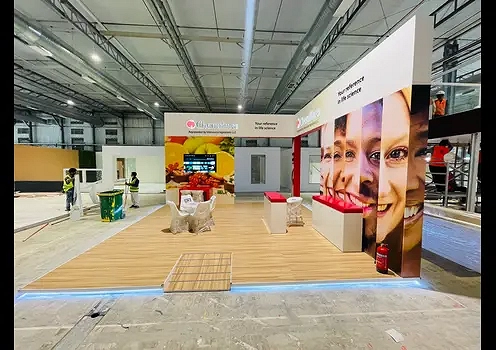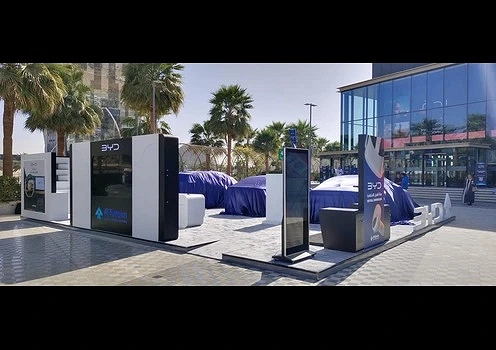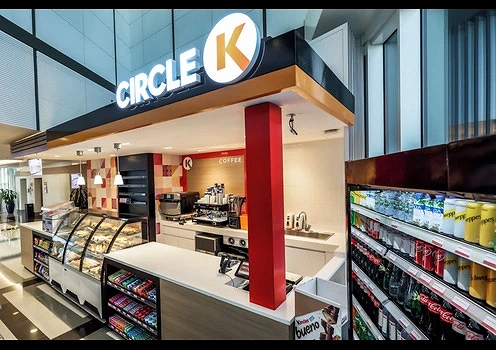Technology plays an ever-growing role in the fast-growing world and ensures that events run smoothly, efficiently, and exceed expectations. Technology has transformed the way of thinking and execution. As the exhibition stand builders and the event industry continue to evolve, technology enhances the growth.
In this blog post, we will explore the major role of technology in modern event management and provide basic tips for executing a flawless event.
The Impact of Technology on Event Management
Event management agencies have undergone a significant transformation in recent years, such as event management agencies in Dubai and event companies in Saudi Arabia. The continuous advancement and growth of technology is the main reason for the growth of event companies. Modern event planning will use the high strategies of technology to reduce costs, streamline workflow, and improve guest engagement, which can provide valuable insights.
The key areas where technology has revolutionized event management include:
Planning and Coordination: Event planning tools help smooth work and reduce human errors. It ensures that nothing is overlooked.
Attendee Engagement: Technology offers multiple ways to engage attendees and can increase engagement in the overall experience.
Marketing and Promotion: Media promotions in social media, email marketing, and websites can increase the traffic before, during, and after the event.
On-site Operations: The technology can help in assisting with registrations, ticketing, and logistics to run seamlessly.
Post-event Analytics: The technological tools used in event management companies allow tracking engagement and feedback and also measuring success, which can be used for future events.
1. Streamlining Event Planning with Software Tools
Event planning includes various parts like budgeting, scheduling, and vendor management. These tasks can quickly become immense without using the right tools. Fortunately, corporate event organizers bring a game-changer for planners by the event management software team.
These tools ensure that the planning process and tasks are completed on time.
Key Features of Event Planning Software
Task Management: Event planning software can assign and track tasks, which also ensures that deadlines are met and nothing is forgotten.
Budget Tracking: Many event planning software programs allow you to input expenses, track payments, and compare the projected budget.
Vendor Management: This software can store and track vendor contacts, payments, and communication. It can also be used for evaluating vendor performance and streamlining coordination.
Some of the popular event planning software are
Cvent: It offers planning, marketing, and analytics.
Asana: It is a project management tool used for tracking tasks and deadlines of the team.
Eventbrite: An easy tool used by the event planning team for event registration, ticketing, and marketing.
Trello: It is an organization tool that is used for managing event tasks.
By using these tools, the event planning team can save time in 2025, and it increases efficiency and also reduces errors.
2. Enhancing Attendee Engagement with Technology
Bringing engagement and keeping attendees engaged is one of the biggest challenges event planning organizers face. However, the technology provides numerous solutions to boost attendee engagement, from pre-event to the event.
Pre-event Engagement
Event Websites & Mobile Apps: Make a custom-made event website or mobile app to provide the event details, scheduling, location map, etc. Mobile apps can create a strong network before the event.
Social Media Engagement: Create excitement in social media by using hashtags, posting teasers, sharing behind-the-scenes content, and also offering early bird offers to engage the attendees.
Personalized Invitations & Notifications: Technology helps with customized invitations and reminders, and it can keep the attendees updated on the event.
During the Event
Interactive Polls & Q&A Sessions: Mobile apps or other platforms can facilitate real-time polls, surveys, and Q&A sessions.
Gamification: Adding gamification elements can make the event more interactive and fun.
Virtual Reality (VR) & Augmented Reality (AR): To provide a futuristic and immersive experience, use VR & AR.
Post-event Engagement
On-demand Content: Provide recorded sessions in event apps or websites for attendees to review after the event.
Networks: Keep the networking growing by providing an online platform for connecting after the event.
3. Utilizing Event Marketing Tools for Effective Promotion
The success of the event is connected to the high marketing strategy. The technology has made marketing easier, and it engages potential attendees.
Digital Marketing Strategies
Social Media Advertising: Social media platforms like Facebook, Twitter, and Instagram can allow you to reach a large amount of audience and target them based on interests and behaviors.
Email Campaigns: You can segment your audience through email marketing tools. Create personalized emails and follow up on the emails that include special offers and event details.
Event Websites & Landing Pages: Landing pages can promote your event and ensure the site is responsive and users can access websites from mobile services.
SEO & Content Marketing: Optimize the website to ensure your event is visible to the maximum number of attendees. Blogging, video content, and guest blogging can increase engagement in your website.
Influencer Partnerships: Collaborate with influencers to increase engagement.
Paid Advertising
Google Ads & Retargeting: Google Ads can increase your website engagement.
By executing these digital marketing tools in your event planning, you can reach a broader audience and improve the attendees.
4. Optimizing On-site Operations with Event Technology
On-site operations are crucial; with the help of technology, many event companies can save time and effort.
Key On-site Technologies
Registration & Ticketing: Online registration and digital ticketing systems at events can allow attendees to register in advance and receive QR codes or e-tickets.
Event Check-in & Badging: Check-in systems that generate attendee badges or name tags can be used by the corporate event organizers. Boomset and Zkipster are some apps that allow event planners to create custom badges and offer fast.
Crowd Management: Crowd Management tools can monitor attendee flow and arrange seatings.
Live Streaming: Live streaming is essential for some hybrid events; platforms like Zoom, YouTube Live, and Vimeo are used for broadcasting sessions.
5. Gathering Post-event Analytics and Feedback
After the event, it's important to know about the success and feedback for future events. The event management team requires technological support in modern event planning. Technology helps to track performance and analyze attendee behaviors.
Post-event Tools
Surveys & Feedback Forms: Send surveys or feedback forms through email for the overall feedback of the events.
Social Media Monitoring: Tracking your mentions and hashtags will be helpful.
Conclusion
The role of technology in modern event management is more significant than ever before. It promotes your event and enhances the attendee engagement. By incorporating the tools and ways discussed in this blog post, the event planning team can ensure that every part of their event is efficient and memorable.
Understanding and utilizing the technological tools in the events can create flawless and impactful events that meet the perfect needs of attendees and sponsors.
